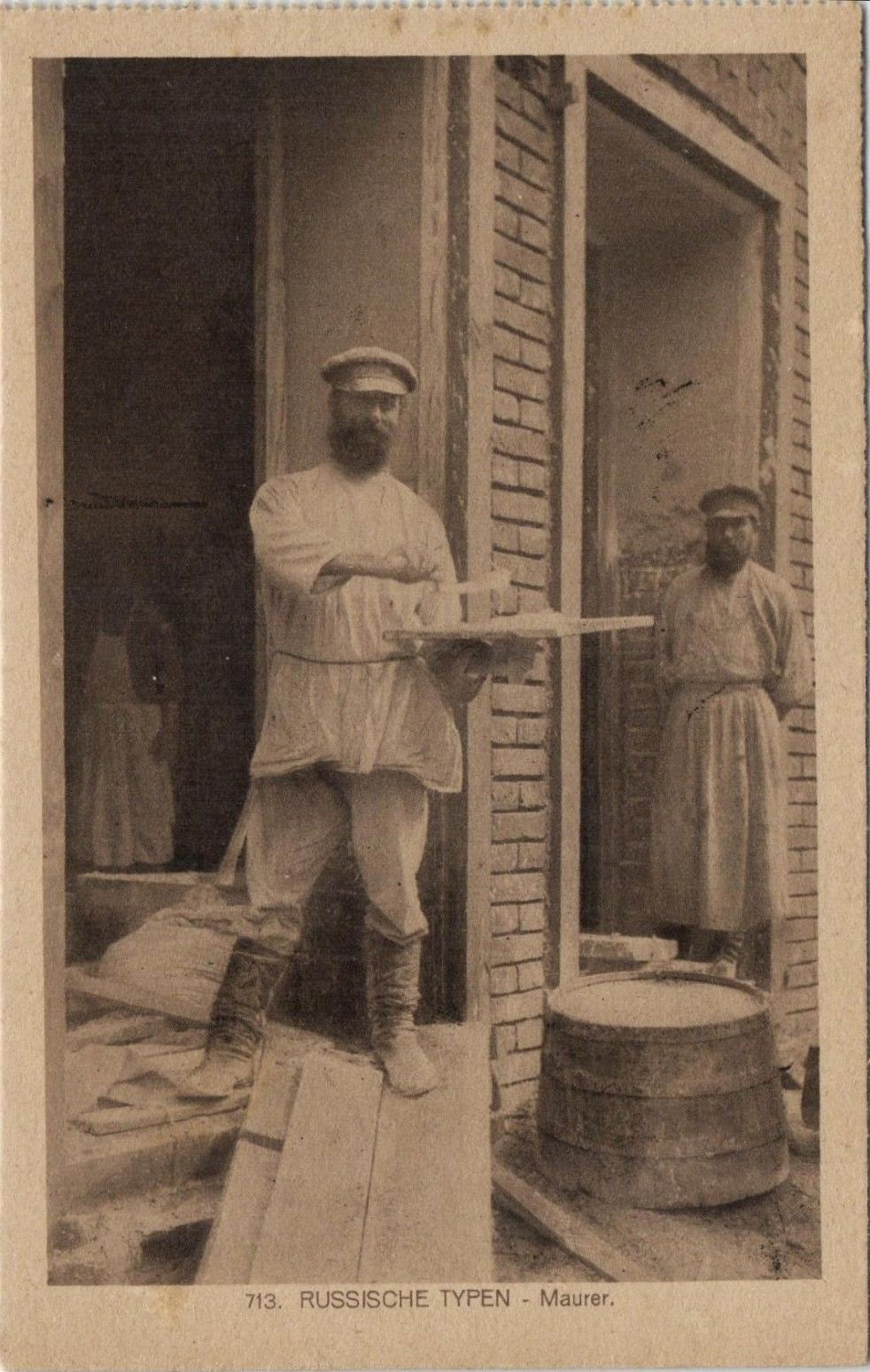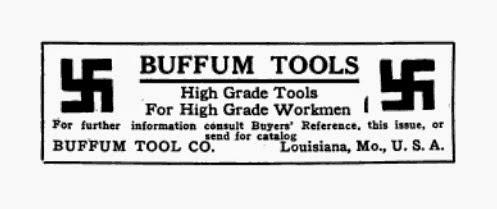Dresden Manufacturing Co., of Long Beach, California, began in 1944, and by 1950 its owner and president was Harold Francis Baum (1902-1983). A 1950
Long Beach Press Telegram article stated, "Fifty types of trowels for cement, plastering, tile and floor covering trades are manufactured by the Long Beach firm." Unlike the tool makers of 50 years and earlier who began as blacksmiths, Mr. Baum was a businessman. He probably saw opportunity in the construction boom resulting from California's fast population growth in the 1940s and 1950s. Mr. Baum sold Dresden in 1964 to Pacific Tile and Porcelain Co., a ceramic tile manufacturer, with Mr. Baum remaining as president. In 1965, Red Devil Inc. registered Dresden as a trademark.
Dresden trademark history
 |
| Dresden Manufacturing No. 85 edger |
Quote with minor edits from Long Beach Press-Telegram, June 25, 1950, Long Beach, California:
Cement and Plaster Trowels Really Precision Instruments
The term "precision
instruments" hardly sounds appropriate for cement and plaster trowels.
Nevertheless, the Junior Chamber of Commerce tour of the Dresden Manufacturing
Co. revealed that these historic tools just about fit that category.
Fifty types of trowels for
cement, plastering, tile and floor covering trades are manufactured by the Long
Beach firm.
Steel is compounded and
tempered to Dresden specifications for resistance to abrasion, for true surface
and springiness. Several thousands of dollars’ worth of steel was bought, field-tested
and rejected in the company's quest for the right formula.
The leading types of
trowels are made of high carbon spring steel. Others are stainless steel,
pressed steel or aluminum.
RIGOROUS INSPECTION
Stamped from strips of
steel, the blades must pass rigorous inspection. A "strain" or slight
wave imperceptible to the untrained eye will flunk a trowel out the line. A lip
at a corner or edge or a warped surface also will send the tool into the discard.
Ordinary rivets won't do.
They must be of hardened steel; countersunk so they will not pull out under the
journeyman's pressure. Then they are machined to uniform smoothness with the
blade. Handles are hardwood, mounted on a light aluminum shank.
Heavy stamping is done at
the company’s plant in Stanton. The Long Beach headquarters factory, 3422 E.
Anaheim St., is equipped for punching, machining, drilling, wood shaping and
turning, sawing, sanding, and "braking” (bending) the tools for corners,
steps and edges. An ingenious device for threading the ends of the aluminum
shanks is made from an automobile gear shift.
ESTABLISHED 6 YEARS AGO
Dresden Manufacturing Co.
was established six years ago. H.F. Baum, president, purchased the firm last
year. Shortly afterward, Joe Lee, graduate engineer formerly in the petroleum
industry, joined the firm as vice president and assumed charge of production.
The line of products has
expanded to the complete range requested by the trades. Latest additions are in
the tile and floor covering fields.
Trowels for the mastic
used in laying these materials bear notches along one side and end. These
determine the amount of mastic to be left on the surface. Four tooth sizes are
manufactured. Without the notches the journeyman would have no way of judging the
depth of the mastic. Lee perfected the notched trowels for the company.
With more and more
home-owners laying their own asphalt tile or linoleum, Dresden is about to
market a complete kit for the amateur. Included will be a spreader, string,
knife, scriber for scoring the material, tape measure and instructions.
Currently, the journeyman
tools made in this Long Beach industrial plant are sold through jobbers in all
parts of the United States. Orders received from Canada, Puerto Rico, Panama
and Hawaii have stimulated the company to investigate the possibilities for
foreign trade. Their preliminary reports it won't be long before the names of
Dresden will appear in the construction Industries of a number of nations.
PRECISION – The smooth surface
of a plaster wall or patio requires a perfectly "true" trowel at well
as a competent journeyman. Dresden Manufacturing Co., 3422 E. Anaheim St., produces
more than 50 types for the trade. Customers are located in all parts of the United
States In the top photograph, Joe Lee demonstrates how a hardwood handle is
shaped by the spinning blades in the center. A pattern follows the solid center
below the blades and guides the wood block into the cutter. In the background
Dean Beaver prepares to take a "California" handle off the lathe. In
the bottom picture, H. F. Baum (left), president of the company, and O.E. Papin
watch Bearer set jig for riveting the spring steel blades to the aluminum
shanks. Esther Strissel operates the device which forces the handle over the
shank. The plant is set up for production of 1000 trowels daily.






















